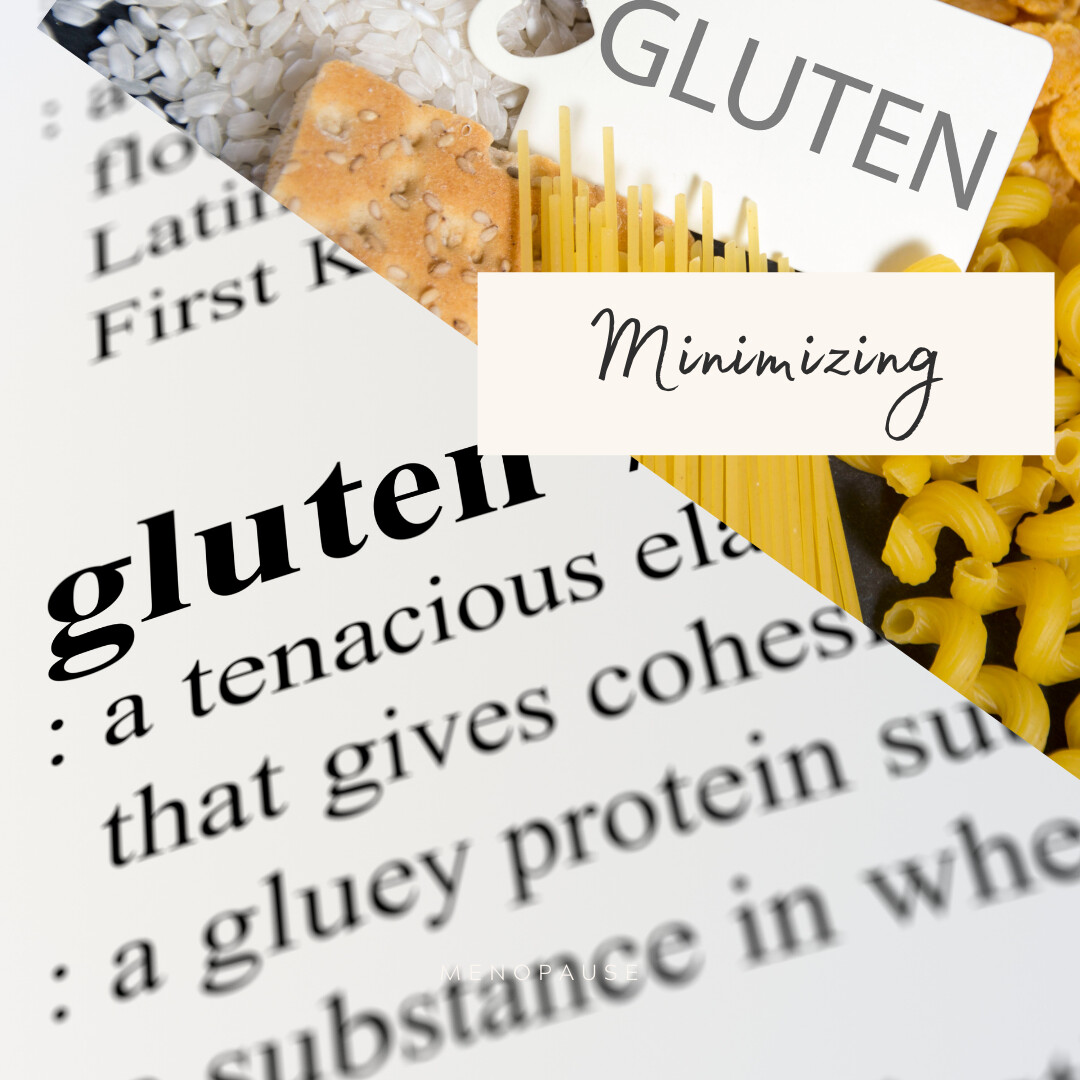
People with celiac disease, definitely need to be on a gluten free diet. Celiac disease is negatively affected by the consumption of gluten, because gluten attacks the villi within the small intestine, and you need that to function properly, in order to help your body absorb vital nutrients. Without the villi working properly, a person can become malnourished and very ill.
Other people who should consider a gluten free diet are those who have a documented sensitivity to it. Symptoms may include bloating, skin rashes, abdominal pain, headaches, and difficulty breathing. So, it’s wise to remove it from the diet, just as someone suffering from celiac disease. Other reasons might be for weight loss or living a healthier and natural lifestyle. Some of my patients do well on a low carb diet, not realizing that they may be responding favorably to a reduction in gluten consumption.
Another factor complicating the picture is that since the altered wheat and gluten are inflammatory, they may be affecting your gut whether you have an allergy, intolerance, sensitivity, or whatever you want to call it. A healthy gut is made up of tight junctions that prevent food from entering the body’s bloodstream. When these junctions are compromised, things (food, bacteria, parasites) can enter the body that should not typically, resulting in antibodies that trigger inflammation and causing anything from a mild allergic response to a full-blown autoimmune reaction. People who have leaky gut are going to react more negatively towards the gluten, and “leaky gut”, whether it is a recognized condition or not, affects the majority of people.
Gluten is found in grains such as wheat, rye, barley, and oats. It is also hidden in many other household items.
The wheat we eat today, is not the same wheat that was eaten by our ancestors. Our wheat has a different number of chromosomes altogether, it is hybridized wheat, which is easier to harvest, is more resilient to drought, and cut down harvest time and costs, which means more food and more profit for farmers.
This seemed like progress, however this modern wheat generated new strains of gluten. These strains are unrecognizable by the body, and these new proteins cause not only digestive distress but also damage to the gut lining and an antibody reaction (which leads to inflammation).
Unrecognized symptoms of gluten intolerance:
Bloating
Bowel dysfunction like: diarrhea or constipation
Abdominal pain
Headaches
Lethargy
Inflammatory skin conditions
Breathing problems
Autoimmune disorders
Brain fog
Fertility issues
Fun fact: it’s not just food that you need to watch out for, as it can also be an ingredient in body wash, lotion, lipstick, vitamins, medications, and even toothpaste.
However, there are alternative solutions for many of these products, and I encourage people to alter their shopping lists to include alternatives to their daily products.
Also look for food alternatives like:
Gluten free crackers (some are made of nut flour or rice flour)
Gluten Free pizza crust (some are made out of cauliflower or almond flour)
Gluten free flour (Bisquick has a gluten free mix)
Gluten free waffles (Natures Path… yummy)
Gluten free buns (I use Cauliflower sandwich flats)
Gluten free pasta (I use pasta made from quinoa or lentils)
In particular, gluten…or carb free noodles, such as Miracle Noodles are also free of calories. So, you can enjoy healthy and gluten free pasta dishes in the midst of your weight loss plan. Get the real “miracle noodles“, some companies make these noodles out of tofu, and they don’t taste the same.
What can you do to help your gut in addition to reducing the gluten in your diet:
Get an enzyme that helps you break down grains.
Find daily products that don’t contain gluten. Young Living has Savvy Minerals make-up, lipstick, body wash and lotions that are free of gluten and toxins.
If you tolerate gluten, but still want to reduce inflammation, find products made of ancient grains. Einkorn Flour products (pasta, flour, gluten free pancake and waffle mix, and granola), are available at Young Living.
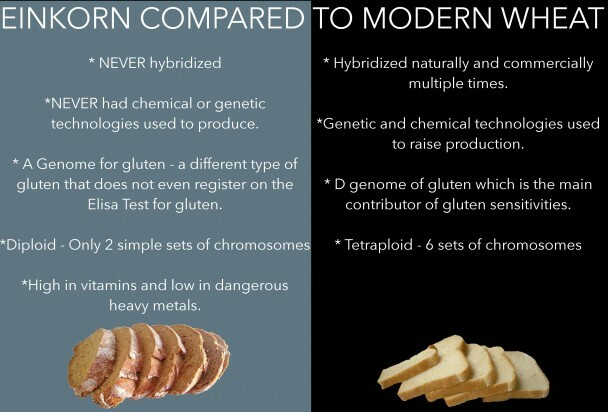
Additional reading:
Koning F. Adverse Effects of Wheat Gluten. Ann Nutr Metab. 2015;67 Suppl 2:8-14.
Ehteshami M, Shakerhosseini R, Sedaghat F, Hedayati M, Eini-Zinab H, Hekmatdoost A. The Effect of Gluten Free Diet on Components of Metabolic Syndrome: A Randomized Clinical Trial. Asian Pac J Cancer Prev. 2018;19(10):2979-2984. Published 2018 Oct 26.
Other people who should consider a gluten free diet are those who have a documented sensitivity to it. Symptoms may include bloating, skin rashes, abdominal pain, headaches, and difficulty breathing. So, it’s wise to remove it from the diet, just as someone suffering from celiac disease. Other reasons might be for weight loss or living a healthier and natural lifestyle. Some of my patients do well on a low carb diet, not realizing that they may be responding favorably to a reduction in gluten consumption.
Another factor complicating the picture is that since the altered wheat and gluten are inflammatory, they may be affecting your gut whether you have an allergy, intolerance, sensitivity, or whatever you want to call it. A healthy gut is made up of tight junctions that prevent food from entering the body’s bloodstream. When these junctions are compromised, things (food, bacteria, parasites) can enter the body that should not typically, resulting in antibodies that trigger inflammation and causing anything from a mild allergic response to a full-blown autoimmune reaction. People who have leaky gut are going to react more negatively towards the gluten, and “leaky gut”, whether it is a recognized condition or not, affects the majority of people.
Gluten is found in grains such as wheat, rye, barley, and oats. It is also hidden in many other household items.
The wheat we eat today, is not the same wheat that was eaten by our ancestors. Our wheat has a different number of chromosomes altogether, it is hybridized wheat, which is easier to harvest, is more resilient to drought, and cut down harvest time and costs, which means more food and more profit for farmers.
This seemed like progress, however this modern wheat generated new strains of gluten. These strains are unrecognizable by the body, and these new proteins cause not only digestive distress but also damage to the gut lining and an antibody reaction (which leads to inflammation).
Unrecognized symptoms of gluten intolerance:
Bloating
Bowel dysfunction like: diarrhea or constipation
Abdominal pain
Headaches
Lethargy
Inflammatory skin conditions
Breathing problems
Autoimmune disorders
Brain fog
Fertility issues
Fun fact: it’s not just food that you need to watch out for, as it can also be an ingredient in body wash, lotion, lipstick, vitamins, medications, and even toothpaste.
However, there are alternative solutions for many of these products, and I encourage people to alter their shopping lists to include alternatives to their daily products.
Also look for food alternatives like:
Gluten free crackers (some are made of nut flour or rice flour)
Gluten Free pizza crust (some are made out of cauliflower or almond flour)
Gluten free flour (Bisquick has a gluten free mix)
Gluten free waffles (Natures Path… yummy)
Gluten free buns (I use Cauliflower sandwich flats)
Gluten free pasta (I use pasta made from quinoa or lentils)
In particular, gluten…or carb free noodles, such as Miracle Noodles are also free of calories. So, you can enjoy healthy and gluten free pasta dishes in the midst of your weight loss plan. Get the real “miracle noodles“, some companies make these noodles out of tofu, and they don’t taste the same.
What can you do to help your gut in addition to reducing the gluten in your diet:
Get an enzyme that helps you break down grains.
Find daily products that don’t contain gluten. Young Living has Savvy Minerals make-up, lipstick, body wash and lotions that are free of gluten and toxins.
If you tolerate gluten, but still want to reduce inflammation, find products made of ancient grains. Einkorn Flour products (pasta, flour, gluten free pancake and waffle mix, and granola), are available at Young Living.

Koning F. Adverse Effects of Wheat Gluten. Ann Nutr Metab. 2015;67 Suppl 2:8-14.
Ehteshami M, Shakerhosseini R, Sedaghat F, Hedayati M, Eini-Zinab H, Hekmatdoost A. The Effect of Gluten Free Diet on Components of Metabolic Syndrome: A Randomized Clinical Trial. Asian Pac J Cancer Prev. 2018;19(10):2979-2984. Published 2018 Oct 26.





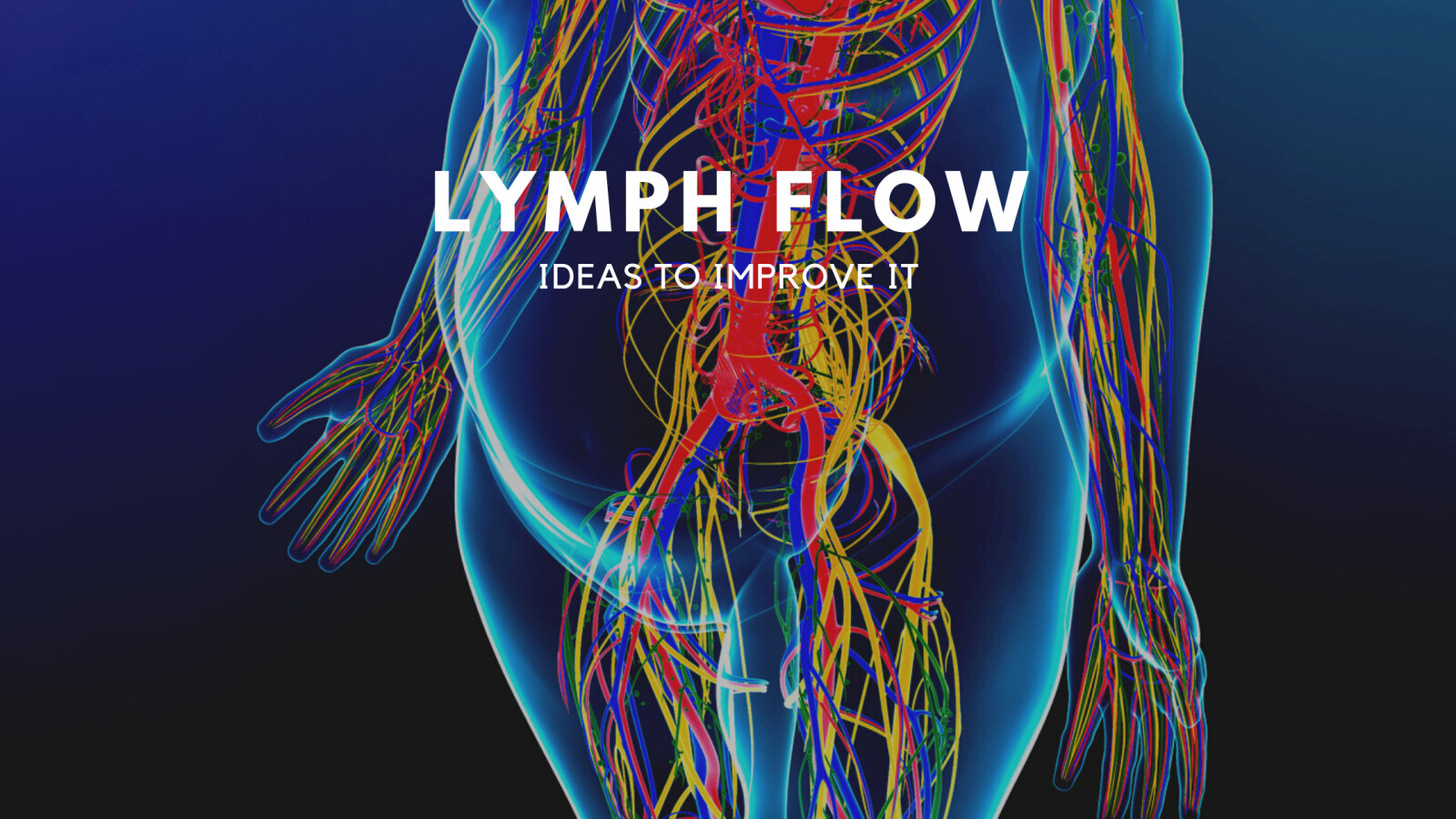

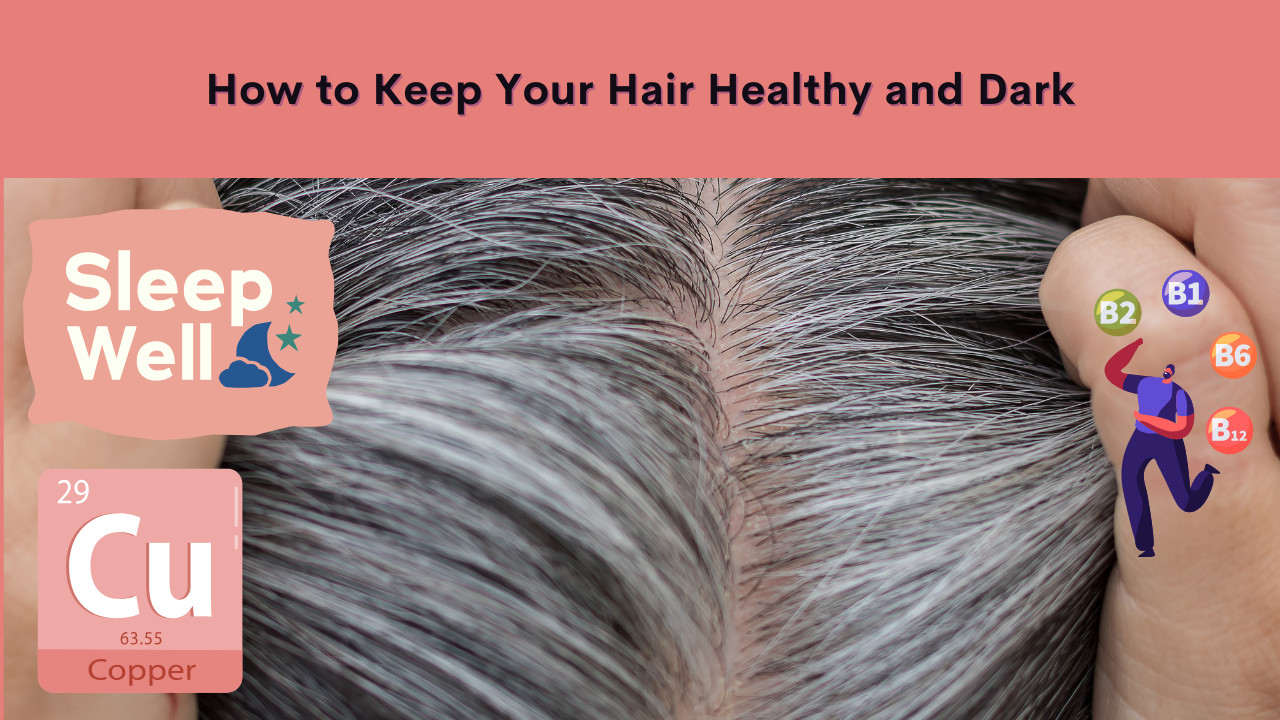

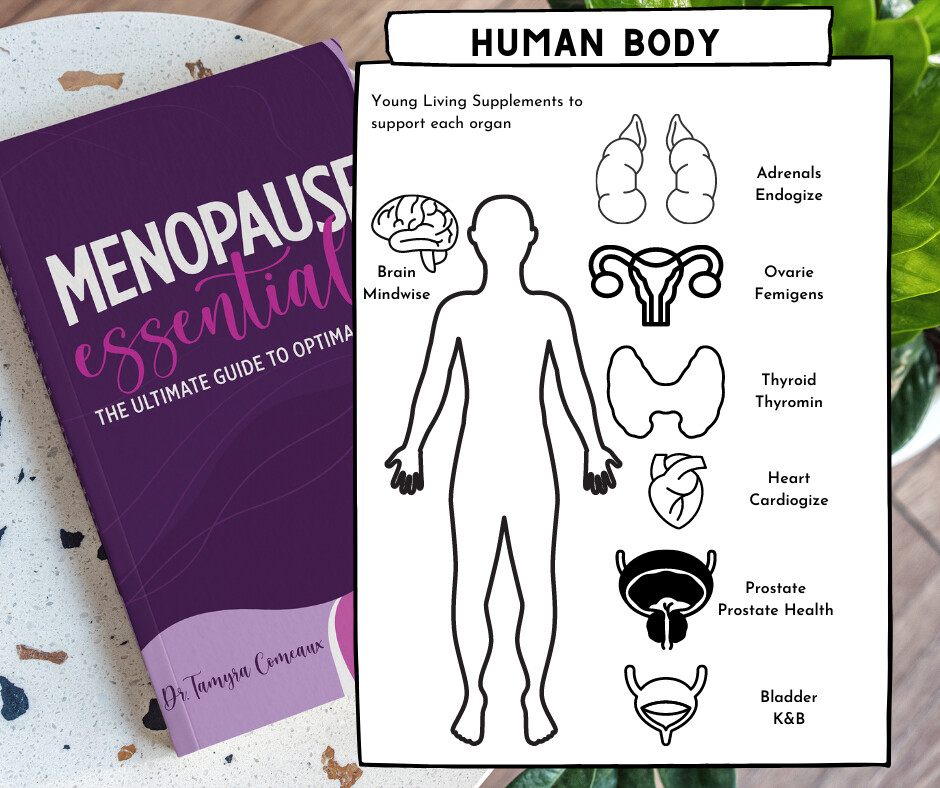

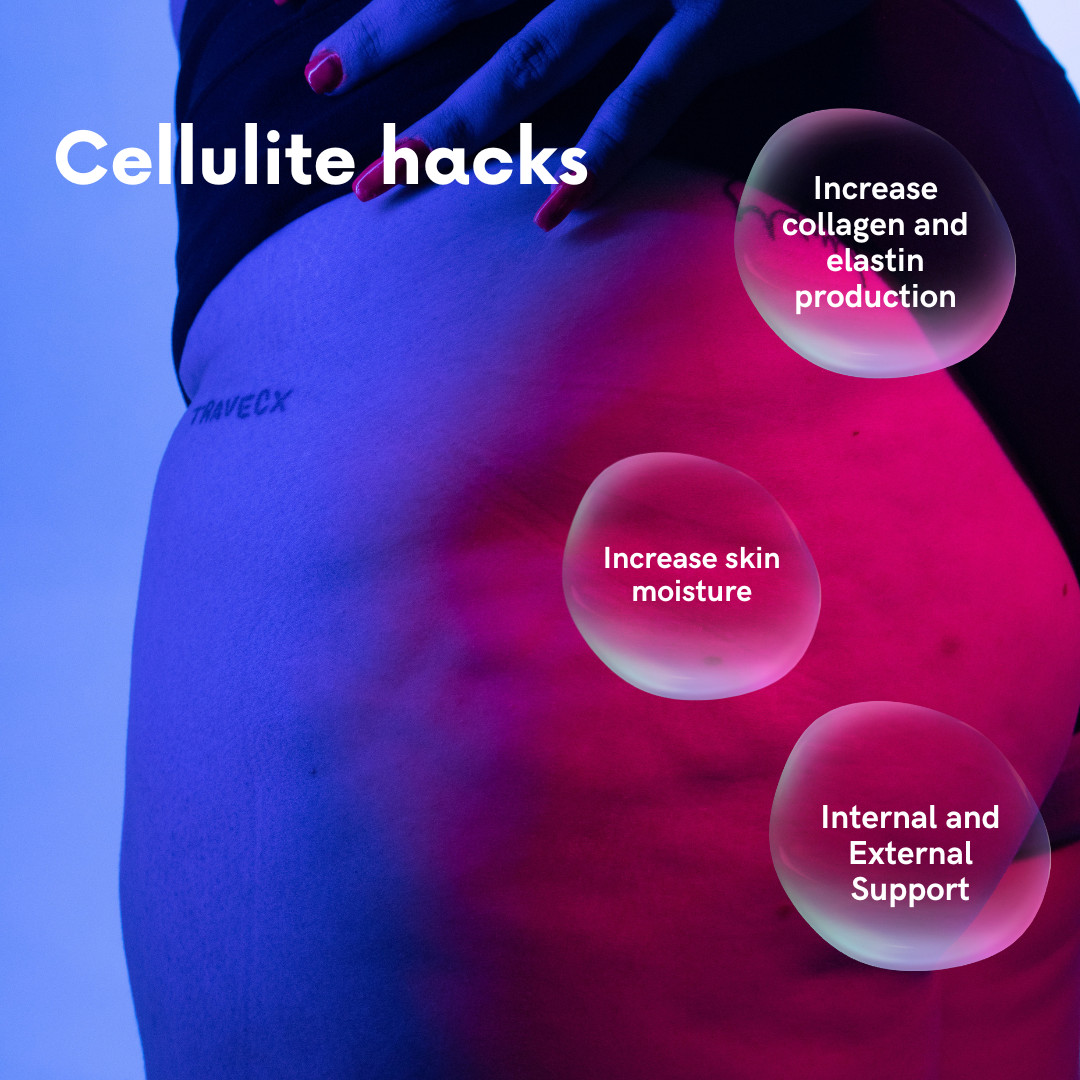
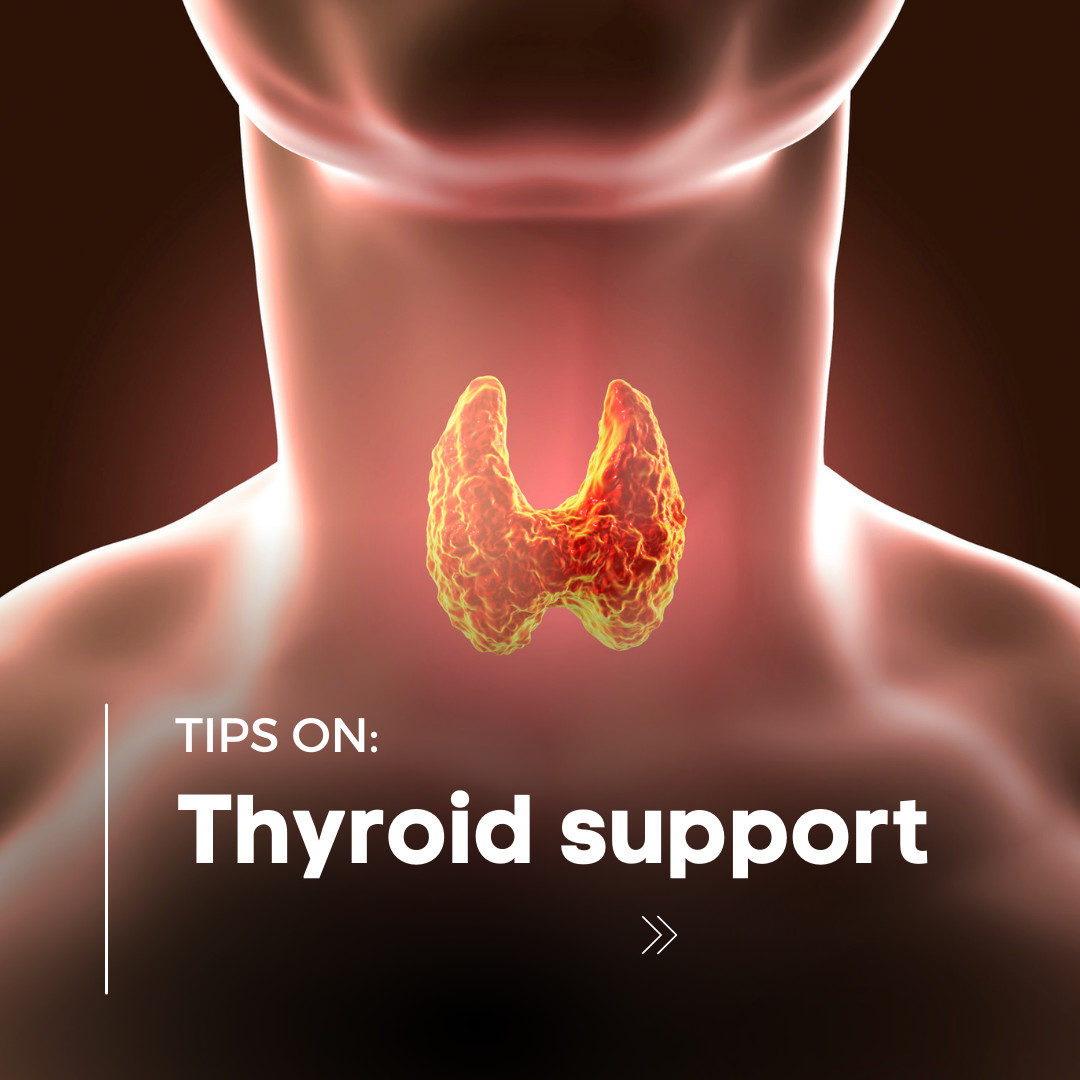

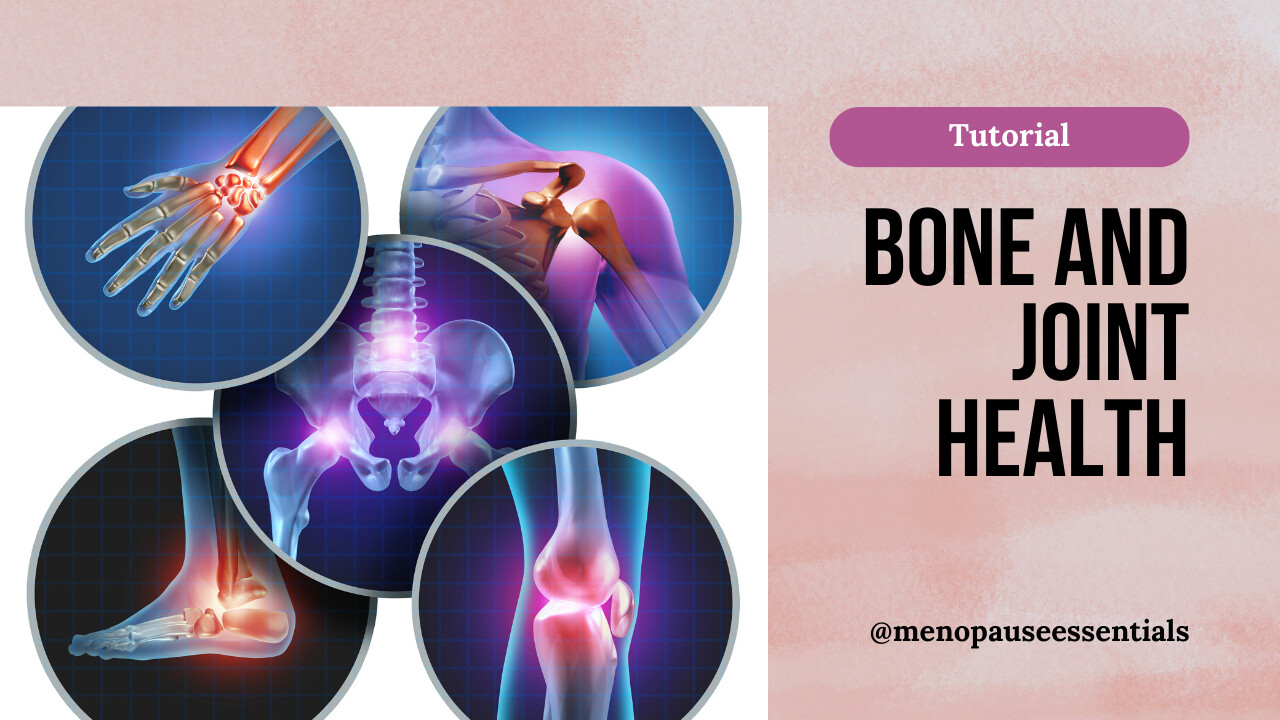

0 Comments